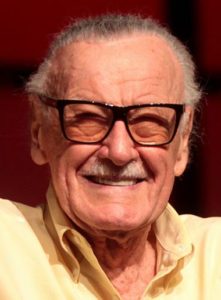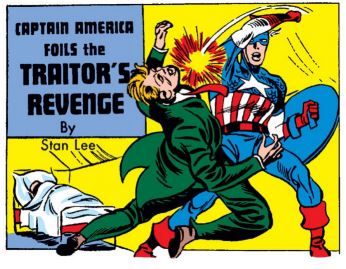The Man Behind Your Favourite Blockbusters

Jerry Bruckheimer at a ceremony to receive his star on the Hollywood Walk of Fame (Credit: Angela George)
Jerome Leon Bruckheimer (b. 1943) was born in Detroit to German-Jewish immigrants. His favourite pastimes growing up were stamp-collecting, photography, and watching films. Bruckheimer studied psychology at the University of Arizona, then got a job in advertising. After producing a number of TV commercials, Bruckheimer decided to pursue his passion for film. He teamed up with directors Dirk Richards and Paul Schrader to make several movies, and soon caught Hollywood’s attention. Bruckheimer’s first big hit was Flashdance, which went on to earn $200 million and become a cultural icon. The following year came Beverly Hills Cop—originally meant to star Sylvester Stallone before Eddie Murphy took the lead, launching his film career. Two years later, Bruckheimer produced another big hit: Top Gun, going on to earn $356 million despite costing just $15 million to make. It won an Oscar and was later selected by the Library of Congress for historical preservation. (A long-awaited sequel is coming out later this year.) Top Gun was the first movie in Hollywood history that was produced in collaboration with the US Navy, and is credited with cleaning up the US military’s image after the Vietnam War. Bruckheimer went on to make blockbusters like Days of Thunder, The Rock, Armageddon, Enemy of the State, and Pearl Harbor. He produced the hugely successful Pirates of the Caribbean series, too—one of the highest-grossing film franchises in history. Bruckheimer has been hugely successful on the small screen as well. His first TV show was CSI: Crime Scene Investigation, which spawned multiple spin-offs. He is behind the The Amazing Race, now in its 32nd season in the US, with a whopping 15 Emmy Awards (and 77 more nominations). At one point, three of Bruckheimer’s shows were in the top 10 in TV ratings. He has become something of a Hollywood legend, for whom nearly every film and show strikes gold. Bruckheimer has had a tremendous influence in the development of the modern “blockbuster”. He is a hockey fan, too, and invested in an NHL expansion team coming to Seattle starting in the 2021-2022 season. His latest production is the third installment of the classic cop-duo comedy Bad Boys, starring Will Smith and Martin Lawrence, which opens in theatres next Friday.
Words of the Week
Do not try to evade taxes, lest the government catch you and take everything you own.
– Rabbi Yehuda haNasi (Talmud, Pesachim 112b)



